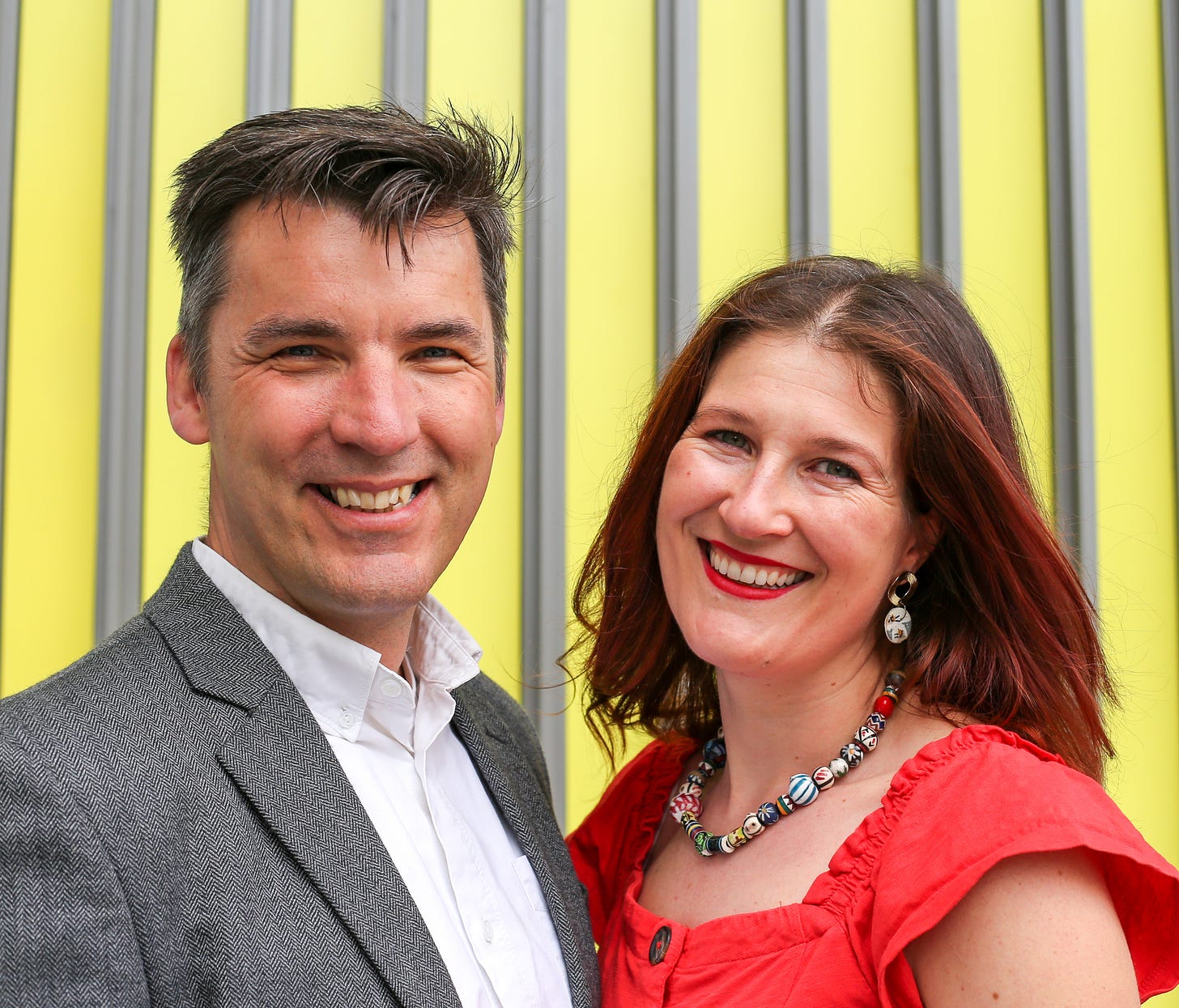Welcome to the Nest Egg!
Whether you’ve been reading our stuff since 2019, or are new here - you are welcome!
Prefer a weekly email rather than a monthly one?
You can upgrade your subscription today to receive weekly articles, plus the entire archive for £6 a month or £60 a year.
Today’s article
…is a run down of everything Caroline has figured out about Trust Fundraising after 7 years as a freelancer and 11 client delivery projects.
Most of it won’t be news to any of you.
But it’s always great to have a refresher and perhaps a new twist on an age old idea?
Hope you enjoy it.
What works in trust fundraising?
Reflections from 7 years and 11 client projects
by Caroline Danks

If you’ve been doing trust fundraising for a while, you pretty much know what works.
But does it actually?
Taking time to take stock is such an important part of any endeavour, be it professional, personal or creative.
I thought it would be fun, as I come up to my 20 years-as-a-fundraiser anniversary to look at the data and to share with you my reflections on what makes a successful trust fundraising programme.
Let’s do it!
Since becoming a freelance fundraiser, I’ve delivered trusts and foundations fundraising for 11 charities. Of these:
5 were health / medical charities
4 were arts / heritage charities
2 focused on the empowerment of women and girls
8 serve a specific geographic area and 3 operate nationally
4 have income of £1m + and 8 have income under £1m
Today’s article is all about the highly unsurprising commonalities between them and the connecting factors which made their trust fundraising work a success.
In two weeks’ time, I’ll share the more surprising trends.
1. Prepare and prepare
Every charity I’ve done trust fundraising for has invested in research and in putting together an absolutely banging case for support.
All have understood the importance of upfront investment in the tools necessary to support trust fundraising.
One charity (in fairness they were asking me to raise millions from a pretty much standing start) invested in a 7-month period of research. This was necessary to identify sufficient prospects for such an ambitious project
None of them ever showed frustration at these preparatory activities – they knew it would pay dividends in the long term.
2. Location location location
For the 8 charities serving a specific geographic area, seeking out funders also based locally works.
For obvious reasons.
Yet many charities have funders on their long lists who are based halfway across the country.
You can do this easily using the Charity Commission’s search function.
I’ve come to learn that location often makes more of a difference than other areas of interest.
3. Friends in high places
You will always increase your chances of success by focusing your time and energy on those that are already supporting you. Even if they’re only giving small amounts, it’s worth it.
My mum, who used to be a fundraiser received THAT call once.
By THAT call I mean the call where the funder said:
“We’re spending out and we’d like to offer a six figure sum.”
Up until that point they’d given £100 a year.
But my mum, arbiter of timely and thoughtful stewardship had never failed to thank them on time and to update them on how their money was being spent.
For new trusts, run a list of trustees past your own trustees first. Identify connections and ask your leaders to be involved in making the approach, even if it’s just an email saying:
“Hi, I’m X and you may remember me from…(yes – in the style of Troy McClure from the Simpsons if you want to).
I’m a trustee of X – we work with children and young people in the local area.
X from our fundraising team is going to send an application to your charitable trust. If you have any questions, you can ask me directly, I’d be happy to help.”
Don’t neglect your existing supporters and connections for the belief that there’s a multi-billionaire sitting around desperate to give you money.
There isn’t.
And even if there is, there’s still huge value (and manners) in connecting with those who are already listening, engaged and supportive.
Part 2 is all about the things which were more of a surprise to me - paid subscribers can read it here.






I love this, Caroline. For me, the principles that keeping showing themselves to be true are show up consistently, always say thank you, and all big things can be broken down into small things - and the small things make a difference!
For those who don't live at LarkOwl Towers, and my response to the watching/reading thing, I am devouring What About Men by Caitlin Moran, which you honestly shouldn't read if A) You know everything, and B) Don't like laughing.
I was worried I'd need to get an extention from the library but will have returned it within a week. I laugh hard almost every other page.